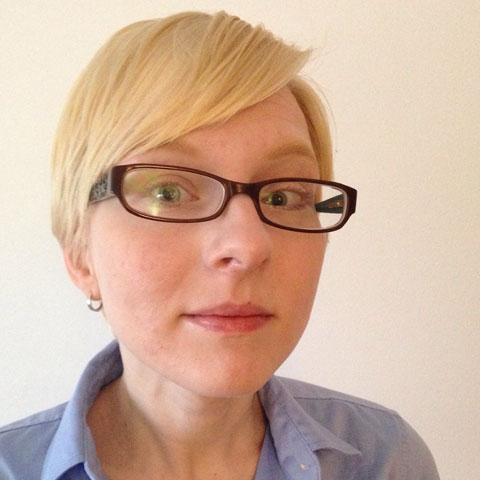2019
 Work Location
Work Location
Syracuse University Psychological Services Center
How did you become interested in the field of Psychology?
As a young person I was interested in “big questions” about life - like “how do we actually know what is real?” and
“do people really have free will?” I therefore fell in love with studying philosophy and religion as paths toward exploring human experiences and making meaning from them. However, I also desired a clear career path, and found that psychology addressed many of the same issues that fascinated me, but through a different lens. I am grateful for the background in both the humanities and science of psychology, as I draw from both in my current work.
Briefly describe your area of specialty:
I am the director of a clinic at Syracuse University that trains psychology doctoral students in psychological assessment and psychotherapy. I provide administrative oversight, classroom teaching, and a substantial amount of clinical supervision in that context. I also keep a caseload of psychotherapy clients and use video and narrative material form those cases to enhance the clinical supervision I provide.
Based on your specialty, what is one piece of advice for our readers?
Learning to do therapy is anxiety-provoking, unpredictable and often humbling. Students need to both see their supervisors as capable and competent, as well as people who are imperfect and still learning themselves. Students feel more comfortable with vulnerability and evaluation when they believe their supervisors can relate to their feelings, and that comfort facilitates growth and change.
Can you provide a recommendation for how our readers can begin to implement your piece of advice?
If you supervise trainees, I would recommend that you model being a reflective practitioner and lifelong learner. Be open about needing to consult with others on cases, and share when you go to the literature to get more information. Use self-disclosure of struggles and errors more than disclosure of successes.
Tell us something fun about you: If you weren’t a psychologist, what would you be?
Realistically, I would probably be an academic in another field of study at a University, but my fantasy career would be in theater.
If any of our readers would like to contact Dr. Kapuscinski, she can be reached at ankapusc@syr.edu or 315-443-3596
